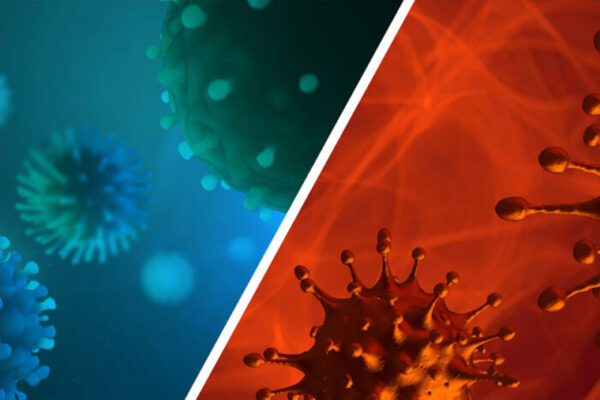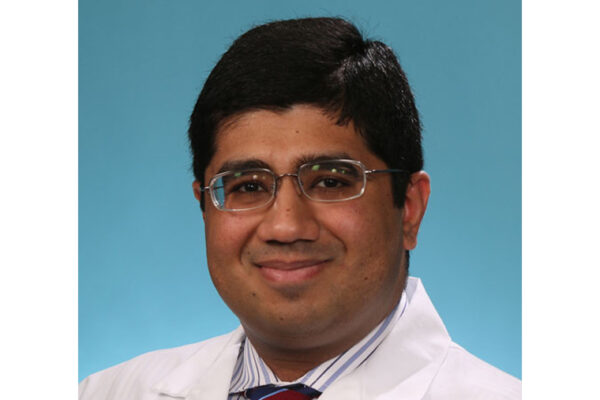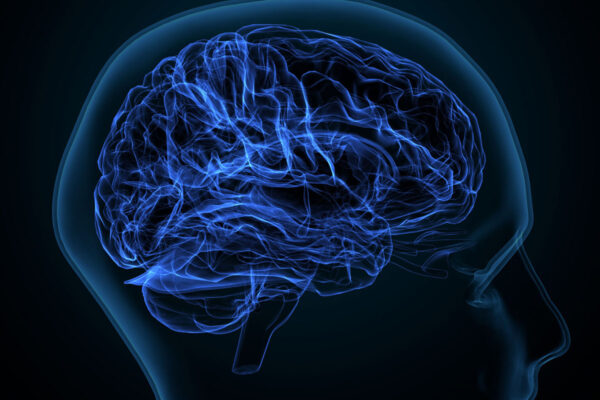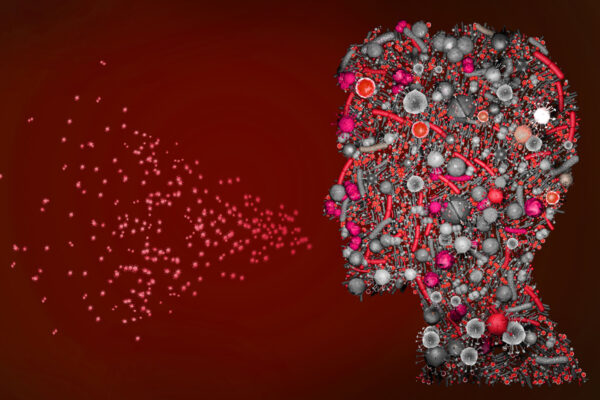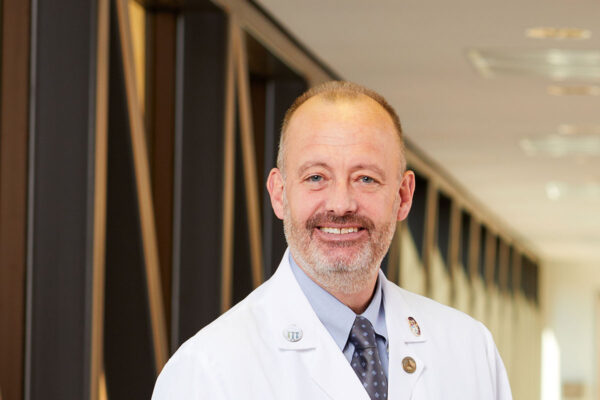‘Long flu’ has emerged as a consequence similar to long COVID
New research from the School of Medicine and the Veterans Affairs St. Louis Health Care System comparing the viruses that cause the flu and COVID-19 shows that people hospitalized with seasonal influenza also can suffer long-term negative health effects.
Kulkarni recognized for research into complement system
Hrishikesh S. Kulkarni, MD, an assistant professor of medicine in the Division of Pulmonary & Critical Care Medicine at the School of Medicine, has received the 2023 Svar Complement Excellence Award from the International Complement Society and life sciences company Svar.
Gut bacteria of malnourished children benefit from key elements in therapeutic food
New research from the School of Medicine has identified key naturally occurring biochemical components of a novel therapeutic food that is aimed at repairing malnourished children’s underdeveloped gut microbiomes. The findings may help guide treatments for malnutrition.
Smoking causes brain shrinkage
Smoking shrinks the brain and effectively causes premature brain aging, according to a study by researchers at the School of Medicine. The findings help explain why smokers are at high risk of age-related cognitive decline and Alzheimer’s disease.
Curiel, Janetka named fellows of National Academy of Inventors
David T. Curiel, MD, PhD, and James W. Janetka, PhD, professors at the School of Medicine, have been elected fellows of the National Academy of Inventors.
Ciorba receives grant to evaluate treatment for colorectal cancer
Matthew A. Ciorba, MD, a professor of medicine and director of the Inflammatory Bowel Disease Center at the School of Medicine, has received a $2.8 million award from the National Institutes of Health (NIH) to evaluate a new treatment for colorectal cancer.
Clues to preventing Alzheimer’s come from patient who, despite genetics, evaded disease
A woman who never developed Alzheimer’s despite a strong genetic predisposition may hold the key to stopping the disease in its tracks. Researchers at the School of Medicine found clues that could help cut the link between the early, asymptomatic stage and the late stage, when cognitive decline sets in.
Team to develop breathalyzer test for COVID, RSV, influenza A
Washington University in St. Louis researchers will adapt their COVID-19-detecting breathalyzer to one that can also screen for common seasonal viruses with a two-year $3.6 million grant from Flu Lab. With the funding, they plan to take the technology from bench into clinical trials with the goal of preparing the handheld rapid screening breath test for commercial application and FDA registration.
Oyen named among trailblazing leaders in women’s health, FemTech
Michelle Oyen, an associate professor of biomedical engineering at the McKelvey School of Engineering, has been named among the 200 Trailblazing Leaders in Women’s Health and FemTech for 2023 by Women of Wearables.
Humphreys receives $4.5 million NIH grant for kidney disease research
Benjamin Humphreys, MD, PhD, at the School of Medicine, has received a five-year $4.5 million grant from the National Institutes of Health (NIH) for research into chronic kidney disease.
Older Stories
